Nature’s Best Organic Egg Layer Pellets, 40 lb.
Nature’s Best Organic Egg Layer Pellets provide a complete, nutritional diet for adult, egg-laying chickens. The 16% protein pellets aim to nurture backyard chickens without the use of pesticides or genetically modified ingredients.
Nature’s Best Organic Egg Layer Pellets provide a complete, nutritional diet for adult, egg-laying chickens. The 16% protein pellets aim to nurture backyard chickens without the use of pesticides or genetically modified ingredients. The layer feed’s pelleted texture promotes consistent consumption rates and healthy development for a happy life! Feed Nature’s Best Organic 16% Egg Layer Pellets as the sole ration to egg-laying chickens from the time the first egg is laid throughout the time of egg production.
- USDA Organic
- Made in a Safe Feed/Safe Food certified facility
- Non-GMO Project Verified
- 40 lb. bag
- Specially formulated for adult egg-laying chickens immediately after their first eggs are laid
Additional information
| Animal Type | Chickens |
|---|---|
| Food Form | Pellet |
| Packaged Height | 3 in. |
| Packaged Length | 28 in. |
| Packaged Weight | 40 lb. |
| Packaged Width | 14 in. |
| Poultry Life Stage | Adult |
| Special Diets | Non-GMO, Organic |
| Manufacturer Part Number | 040650P |

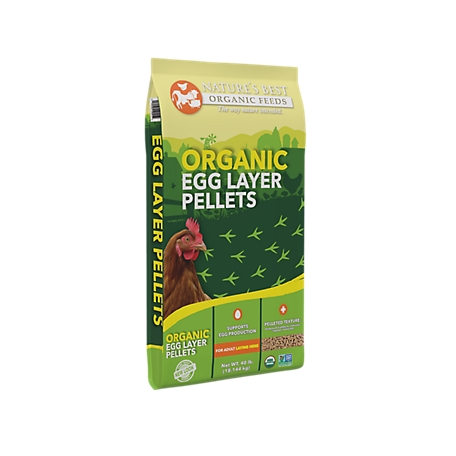
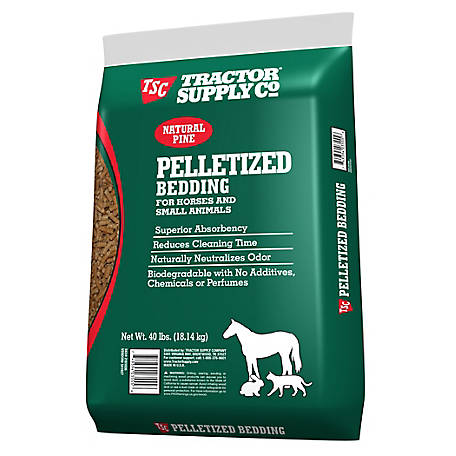
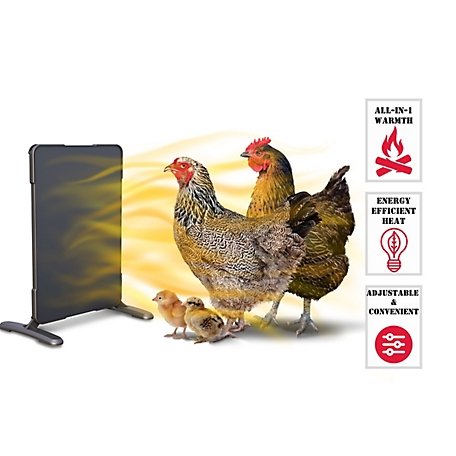
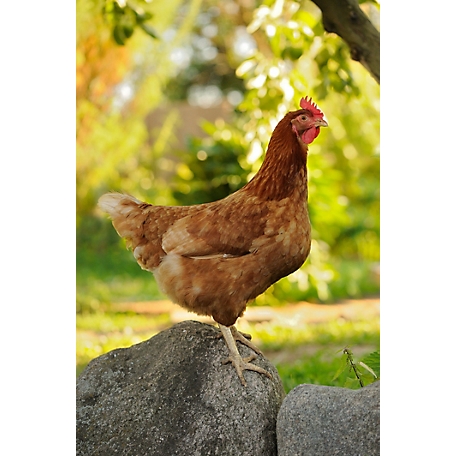
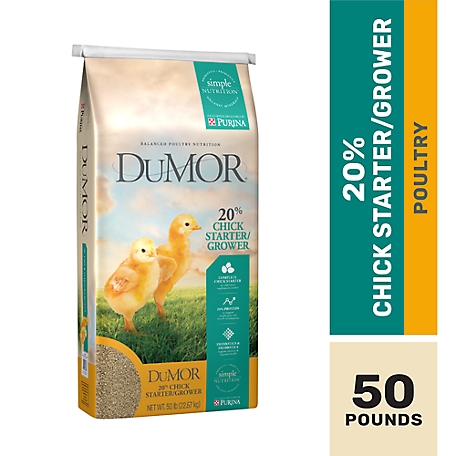
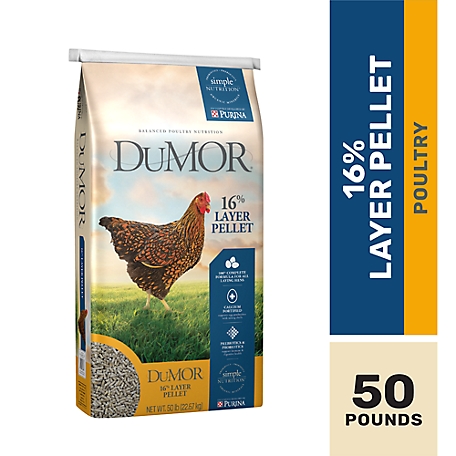
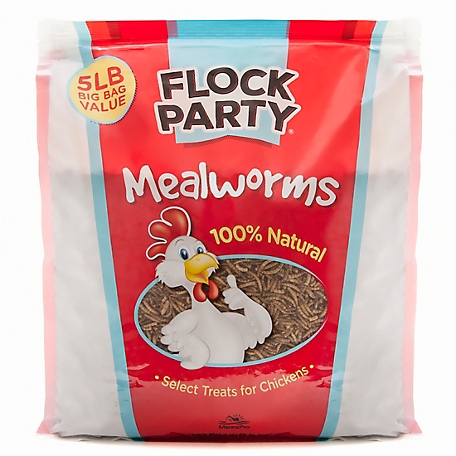


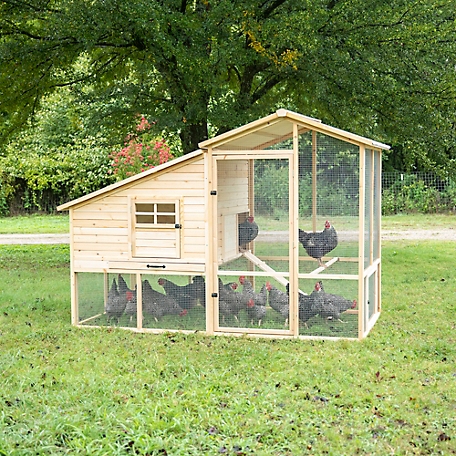
by Priya
My chickens love this food. I love this food because it doesn’t make their droppings smell horrible as I have had with some other feeds.
by Noel
Hens do well on it, less dust and less waste than crumbles.
by Betty
The best feed for your flock!
by Duha
New to us. Seems like a good thing. The hens are loving it. Good organic value also.